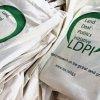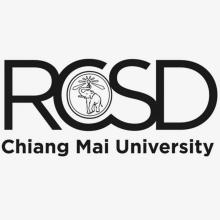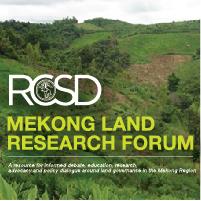Resource information
The granting of economic land concessions (ELCs) over large parts of Cambodia has begun to attract global attention. It has also become a key focal point for civil society mobilization in Cambodia as well as for transnational activism directed at targets both within and outside Cambodia. Transnational actors play an important role in activism around ELCs in Cambodia, for example providing funding for Cambodian actors working on these issues, facilitating activities on the ground in Cambodia, contributing knowledge and experiences related to resistance to land grabs, influencing processes of identity-formation, and internationalizing campaigns around land-grabbing in Cambodia in various ways. This paper interrogates these and other existing transnational relationships related to resistance to ELCs in Cambodia, examining the roles of actors in Cambodia, elsewhere in the region, and in the West.






